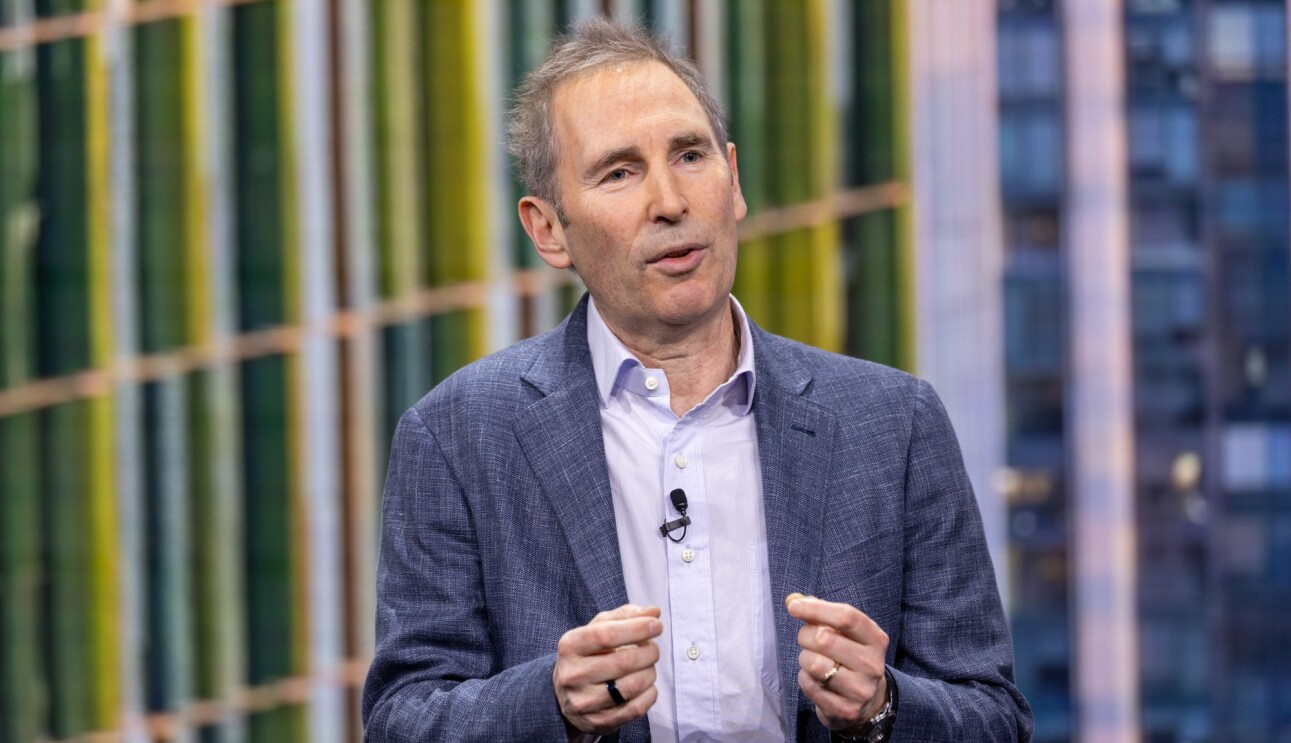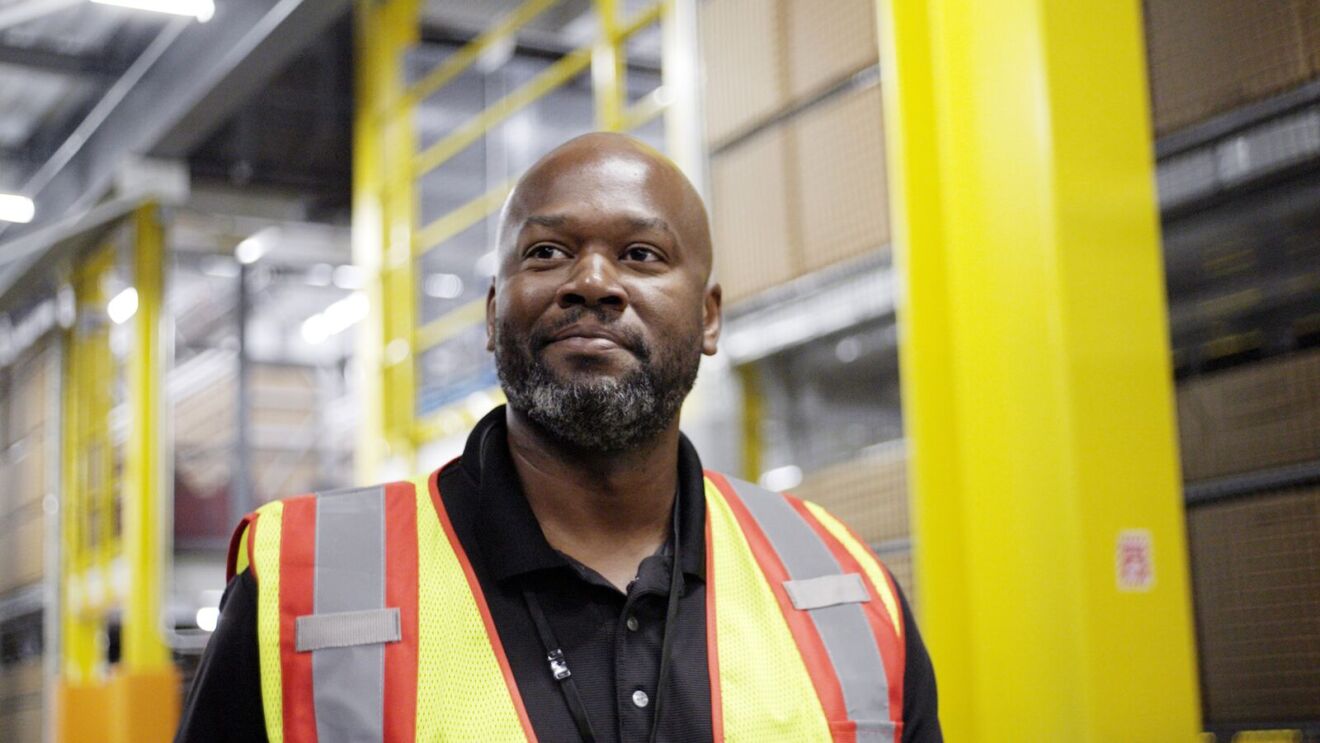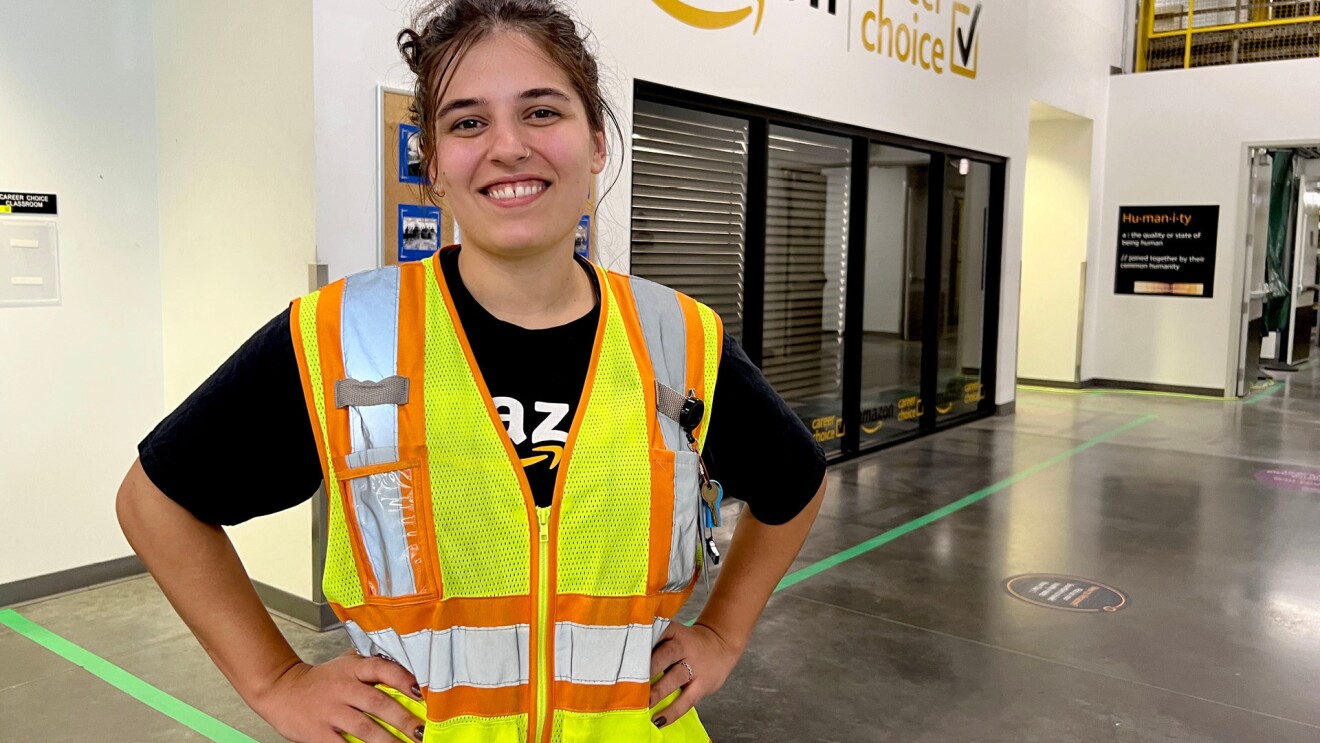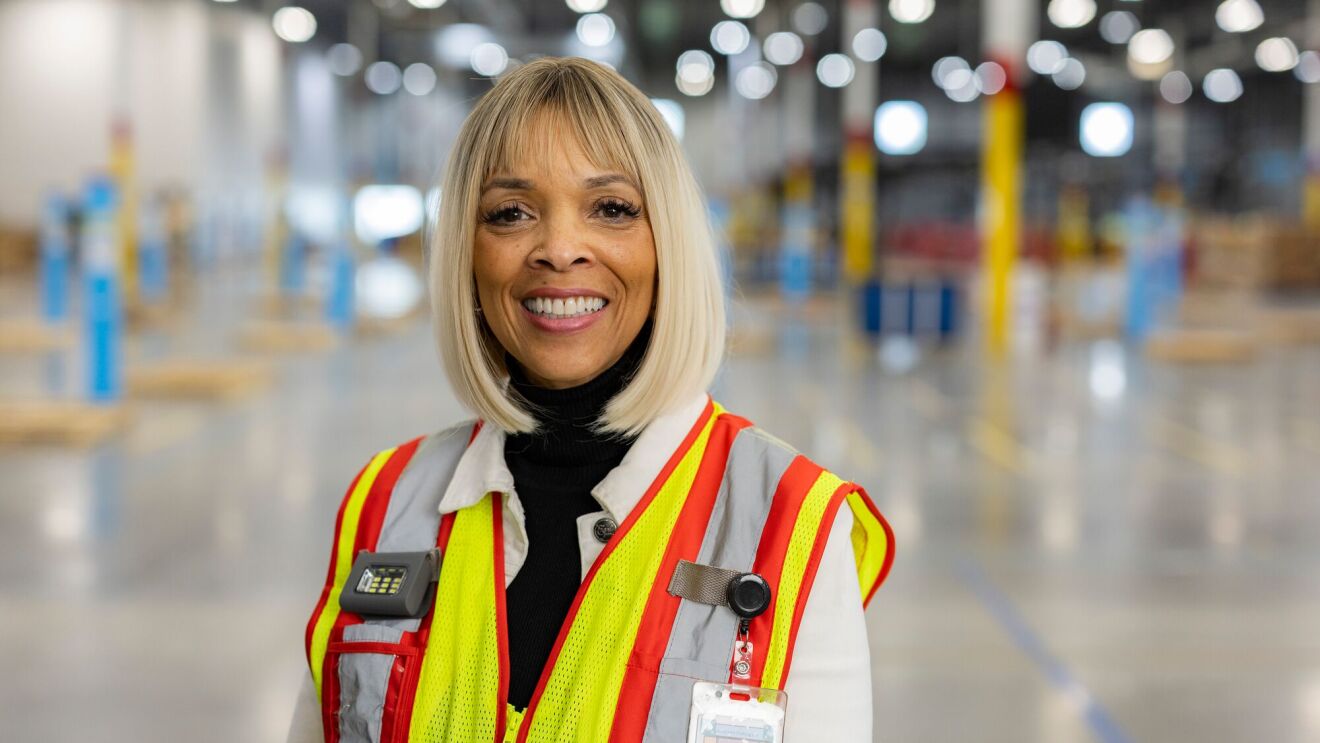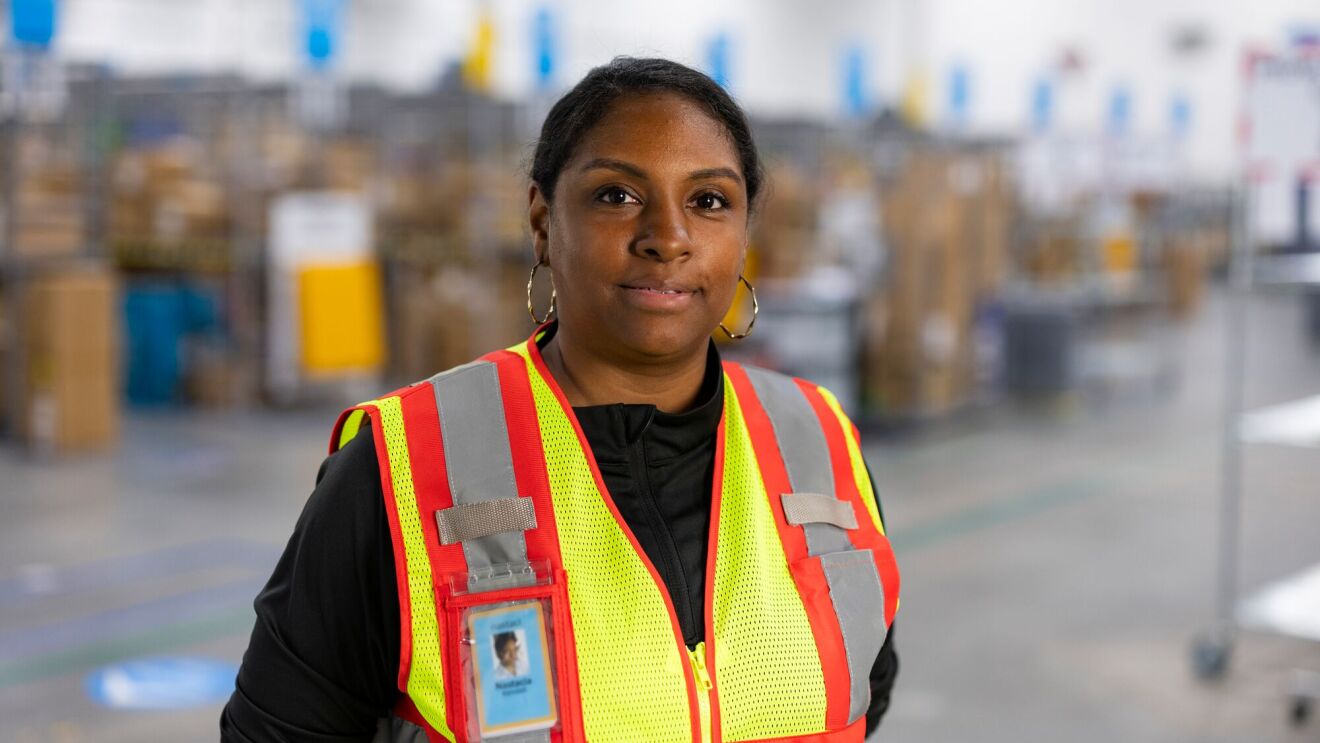Page overview
Answers to frequently asked questions
We want to make sure our candidates feel prepared, which is why we’ve compiled a list of answers to frequently asked questions when applying for roles at Amazon. These topics include things like: how to submit a resume or check the status of a submitted application, whether or not we accept cover letters, and more. Learn more.
Amazon’s culture is deeply rooted in our Leadership Principles. The best way a candidate can prepare for an interview is to consider how they’ve applied the Leadership Principles during their previous professional experience. Overall, we encourage candidates to learn about our culture, our business teams, and how we strive to be Earth’s most customer-centric company. Learn more.
Before we invite candidates to the remote interview, we typically ask them to connect with a recruiter or hiring team member. These interviews often use behavioral-based questions, which ask about past situations or challenges a candidate has faced and how they’ve handled them, using Leadership Principles to guide the discussion. We avoid brain teasers (e.g., “How many windows are in Manhattan?”), because our research has shown that they are unreliable when it comes to predicting a candidate’s success at Amazon. Learn more.
For our remote interview we recommend candidates format responses using the STAR method (situation, task, action, and result) to answer behavioral-based interview questions, incorporating examples for the Amazon Leadership Principles. Additionally, we provide tips for good answers, common technical topics, how soon after an interview a candidate will hear back from us, and more. Learn more.

Invention is in our DNA and technology is the fundamental tool we wield to evolve and improve every aspect of the experience we provide our customers. This is why we’ve created a guide to help candidates understand the most common technical topics they may be asked when interviewing with us. Learn more.
Some of Amazon’s most successful programs have risen from the ashes of failed projects, which is why we encourage all candidates to have specific examples of times when they have taken risks, failed or made mistakes, and grown or succeeded as a result. Failure is a necessary part of innovation. It’s not optional. We understand that and believe in failing early and iterating until we get it right.
Depending on the role, candidates will meet with anywhere from two to seven Amazonians. This will likely be a mix of managers, team members, key stakeholders from related teams, and a “Bar Raiser” (an objective third party, usually from another team). All interviewers assess potential for growth beyond the position a candidate is interviewing for. They’ll focus on evaluating how well a candidate’s background and skills meet core competencies for the role, along with how they relate to Amazon’s Leadership Principles.
For some roles, we may ask a candidate to complete a writing sample. Why? At Amazon, we don’t do PowerPoint or any other slide oriented presentations. Instead we write narratively-structured memos and silently read one at the beginning of each meeting in a kind of “study hall.” These papers generally range from one to six pages and articulate the project goal(s), approach to addressing it, outcome, and next steps. Given this unique aspect of our culture, and the impact these papers have on what decisions we make as a company, being able to articulate your thoughts in written format is a necessary skill.
Trending news and stories
- Alexa+ can now answer your Ring doorbell and talk to visitors
- ‘Beast Games’ Season 2 is coming to Prime Video—See the new trailer
- How Amazon Pharmacy has helped customers save more than $100 million on prescription medications like GLP-1s and insulin
- Amazon unveils redesigned Kindle Scribe lineup with first-ever color Scribe



